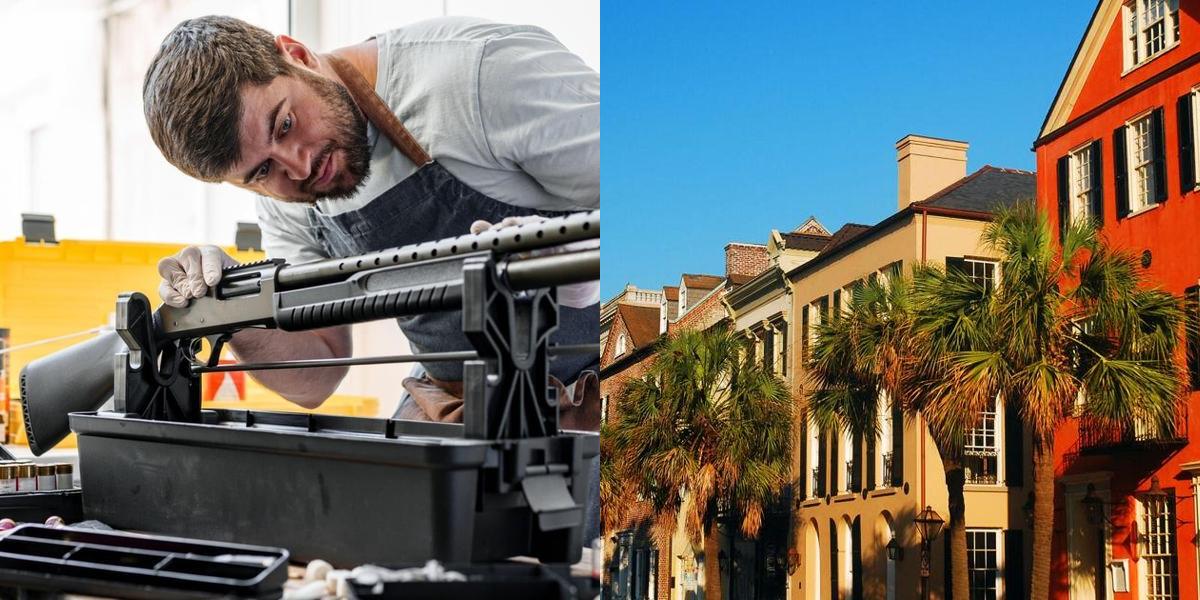How to Become a Gunsmith in South Carolina

Gunsmiths are skilled tradespeople who repair, customize, and maintain firearms. In South Carolina, pursuing this career means blending craftsmanship with safety, technical training, and deep industry knowledge. Here's everything you need to know to get started.
Career Paths and Opportunities
With experience, gunsmiths can grow into roles like:
- Master Gunsmith: Handles complex custom builds
- Firearms Appraiser: Works with collectors, auctions, and museums
- Gunsmithing Instructor: Teaches at technical colleges
- Military or Law Enforcement Armorer
- Self-Employed Gunsmith: Operates a repair and customization business
How Much Does a Gunsmith Make in South Carolina?
Gunsmiths in South Carolina earn $43,850 per year, according to the U.S. Bureau of Labor Statistics.
Job Outlook for Gunsmiths
Gunsmith jobs are projected to grow steadily through 2033, especially in custom work, repair, and historical firearm restoration, according to BLS.
FAQs
How long does it take to become a gunsmith?
Most programs take 6 months to 2 years.
Is a license required to be a gunsmith in South Carolina?
Yes. You need a Federal Firearms License (FFL) from the ATF.
Can I work for myself as a gunsmith?
Yes, many gunsmiths run independent workshops.
Do I need a college degree?
No, but formal training from a trade school is recommended.
What jobs can a gunsmith do?
Firearm repair, modification, engraving, and armorer work.
Final Thoughts
Becoming a gunsmith in South Carolina is a rewarding path for those who enjoy precision work and firearm safety. With the right training and certification, you can build a fulfilling career in a hands-on field. Start comparing schools and take your first step toward a career in gunsmithing today.
If this article doesn't match what you're looking for, you can check out these other articles:

Joanna Paragas is part of the Growth team at Dreambound. Her primary role involves creating various automation to streamline workflows and make tasks more efficient for the entire team. Beyond her professional endeavors, Joanna enjoys spending her free time playing with her dogs and enhancing her knowledge by enrolling in online courses.



